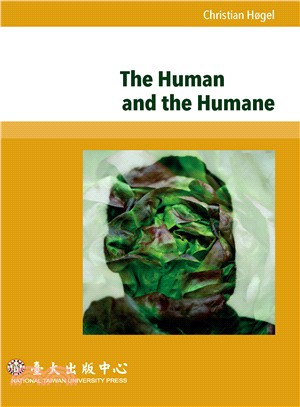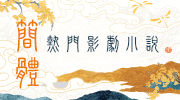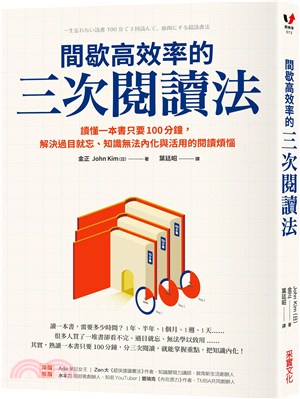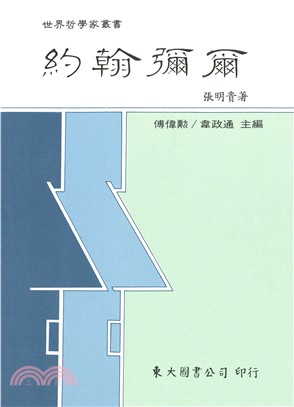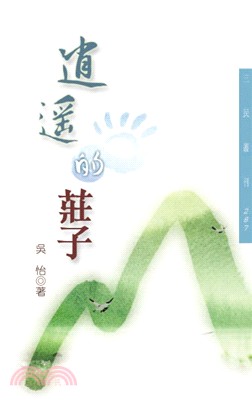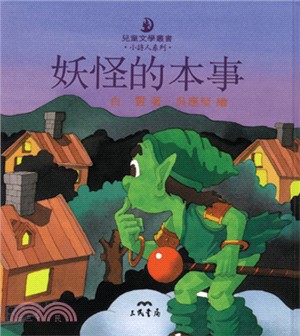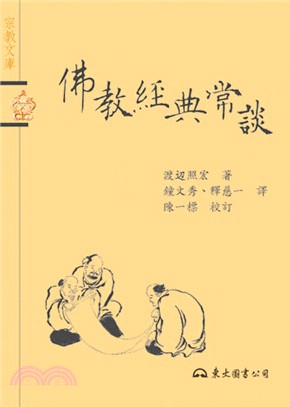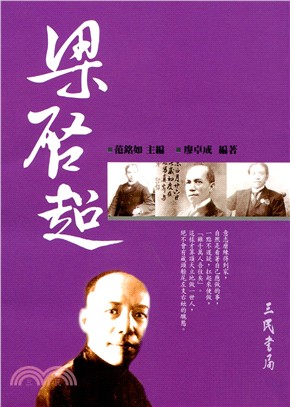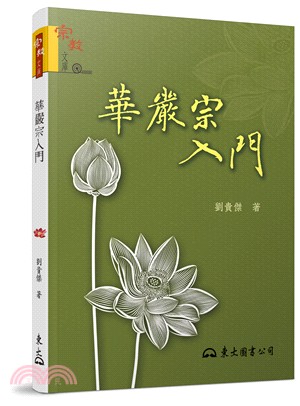The human and the humane:Humanity as argument from cicero to erasmus
- 系列名:Reflections on (In)Humanity
- ISBN13:9789863500827
- 出版社:臺大出版中心
- 作者:Christian Høgel
- 裝訂/頁數:精裝/130頁
- 規格:24cm*15.5cm*1.4cm (高/寬/厚)
- 出版日:2015/08/03
再享89折,單本省下32元
商品簡介
作者簡介
序
Introduction (excerpt)
Not all societies, or all times in history, have been guided by the possibility of such reference to man. This manner of speaking – and especially the argumentative use of it – had its beginning, in the Roman Empire, and from this point its ups and downs. In modern times and even more so now in a time of globalization, societies have increasingly adopted the manner of speaking, taking various stances towards the arguments of the humane, experiencing it at times as too weak, too all-encompassing, too difficult to amend, or simply indispensable. Many of the ultimate goals or higher ideals encapsulated in words as humane or humanity – in the ethical sense – may be expressed through other words, based on religious or (other) ethical beliefs, but the framing of these views with reference to man includes these ultimate goals within a universal understanding. This has at least the immediate advantage of pointing beyond any particular religion or confession, which may prove an asset in a globalized world. And with the increasing importance of human rights, the growing attention to global and postcolonial processes, and the still evolving need to discuss man and society within a humanistic frame, also the conceptual past of the humane gains importance. The idealistic use of words referring to man has its history, and it is the early parts of this history that will be traced in the following chapters, based on the assumption that much of what was formulated in that early phase has been taken for granted in the following ages.
目次
Foreword
Introduction
Chapter 1:
The Humane as Argument
Beginnings
Chapter 2:
The Humanitas of Cicero
Laws and diplomacy
The empire: provincials, barbarians, and slaves
The dynamic turn
Subject or object or both: cultural education or the law?
Chapter 3:
Implementing Humanitas
Imperial responses
Humanitas as ‘humanitarian’
Seneca
Chapter 4:
Christianizing Humanitas
Lactantius
Other medieval usages
Chapter 5:
Humanitas as Argument Against War
The Italian humanists
First beginnings in the Renaissance
Erasmus and later humanists
Epilogue: Ancient Humanitas after Erasmus
Bibliography
Abbreviations of ancient, Greek-Roman sources
Index
主題書展
更多主題書展
更多書展本週66折
您曾經瀏覽過的商品
購物須知
為了保護您的權益,「三民網路書店」提供會員七日商品鑑賞期(收到商品為起始日)。
若要辦理退貨,請在商品鑑賞期內寄回,且商品必須是全新狀態與完整包裝(商品、附件、發票、隨貨贈品等)否則恕不接受退貨。




